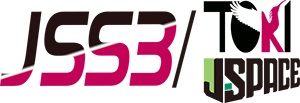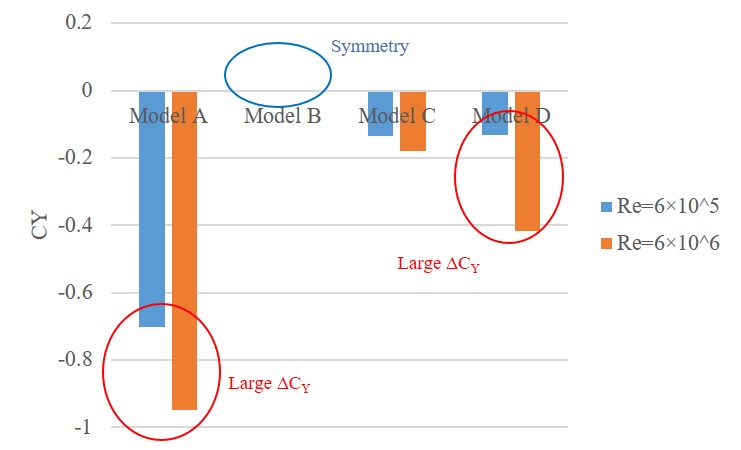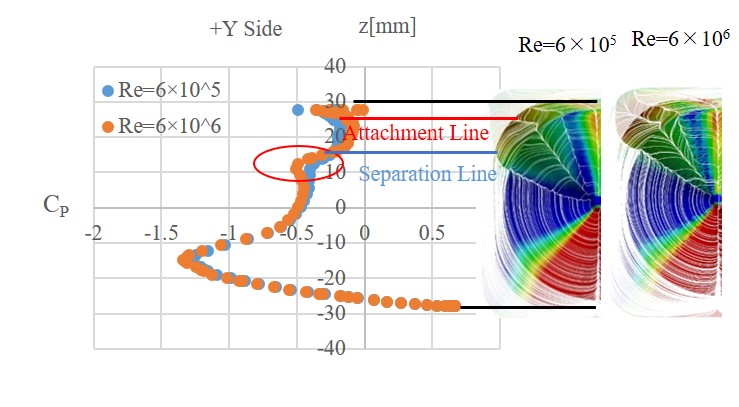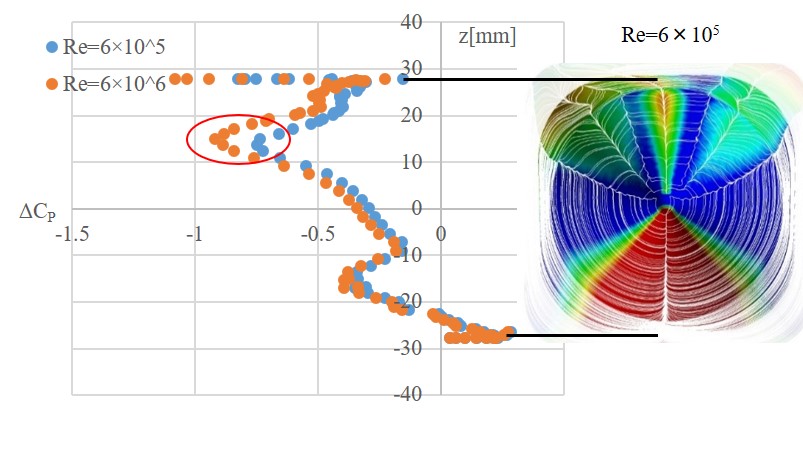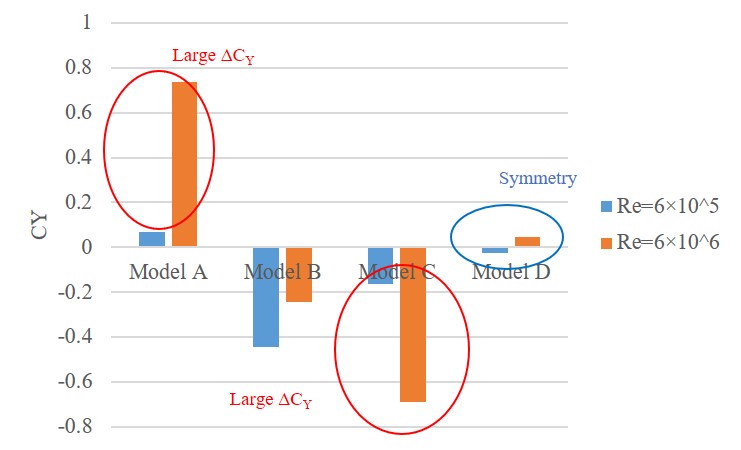Influence of Fineness Ratio on Aerodynamic Characteristics of Fight Vehicles
JAXA Supercomputer System Annual Report April 2018-March 2019
Report Number: R18EACA21
Subject Category: JSS2 Inter-University Research
- Responsible Representative: Keiichi Kitamura, Associate Professor, Yokohama National University
- Contact Information: Ayano Inatomi(inatomi-ayano-ng@ynu.jp)
- Members: Ayano Inatomi, Keiichi Kitamura
Abstract
Generally, aircraft and rockets are slender bodies whose cross sections are close to a circle. In these slender bodies, the aerodynamic characteristics greatly change at a large angle of attack (AoA). As an influence from the change in the aerodynamic characteristics, for example, the flight becomes unstable when the yaw force is large. In this study, we investigated details of flow field around the slender-bodied-vehicle numerically with configurations having different fineness ratios at Reynolds numbers Re = 6*10^5 and 6*10^6. Interestingly, the yaw force increased with Re at 50 degrees of AoA. It was found that the downstream body configuration contributed to the yaw force augmentation. In addition, at 140 degrees of AoA, the configuration which increased the yaw force by the Reynolds number is different from that at 50 degrees of AoA.
Reference URL
N/A
Reasons for using JSS2
Because there are many cases with configurations and many grids, it is necessary to use super computer for getting accurate results in an efficient way.
Achievements of the Year
At an angle of attack of 50 degrees, as the Reynolds number increases (Fig. 1), the yaw force coefficient also increases, and the separation position moves to the downstream side as the Reynolds number increases (Fig. 2). As the separation position moves to the downstream side, the expansion expands upstream of the separation of the body part fillet, and the pressure on the surface of the body decreases (Fig. 3). The increment of the yaw force when the Reynolds number is changed is influenced by the downstream body part configuration. On the other hand, at an angle of attack of 140 degrees, the change in yaw force due to the increase in the Reynolds number varies depending on the configuration (Fig. 4), and the separation position moves to the downstream side due to the increase in the Reynolds number. As the separation position moves to the downstream side, the expansion expands upstream of the separation of the nose portion, and the pressure on the surface of the body decreases. The increment of the yaw force when the Reynolds number is changed is influenced by the configuration of the nose part on the downstream side. In addition, it was also found that the magnitude of yaw force and sign (direction) differ depending on configuration and Reynolds number for both of these two angle of attacks.
Publications
N/A
Usage of JSS2
Computational Information
- Process Parallelization Methods: MPI
- Thread Parallelization Methods: N/A
- Number of Processes: 1024
- Elapsed Time per Case: 8 Hour(s)
Resources Used
Fraction of Usage in Total Resources*1(%): 0.03
Details
Please refer to System Configuration of JSS2 for the system configuration and major specifications of JSS2.
| System Name | Amount of Core Time(core x hours) | Fraction of Usage*2(%) |
|---|---|---|
| SORA-MA | 155,322.82 | 0.02 |
| SORA-PP | 22,680.10 | 0.18 |
| SORA-LM | 593.68 | 0.28 |
| SORA-TPP | 0.00 | 0.00 |
| File System Name | Storage Assigned(GiB) | Fraction of Usage*2(%) |
|---|---|---|
| /home | 6.68 | 0.01 |
| /data | 2,880.10 | 0.05 |
| /ltmp | 1,367.19 | 0.12 |
| Archiver Name | Storage Used(TiB) | Fraction of Usage*2(%) |
|---|---|---|
| J-SPACE | 0.00 | 0.00 |
*1: Fraction of Usage in Total Resources: Weighted average of three resource types (Computing, File System, and Archiver).
*2: Fraction of Usage:Percentage of usage relative to each resource used in one year.
JAXA Supercomputer System Annual Report April 2018-March 2019

